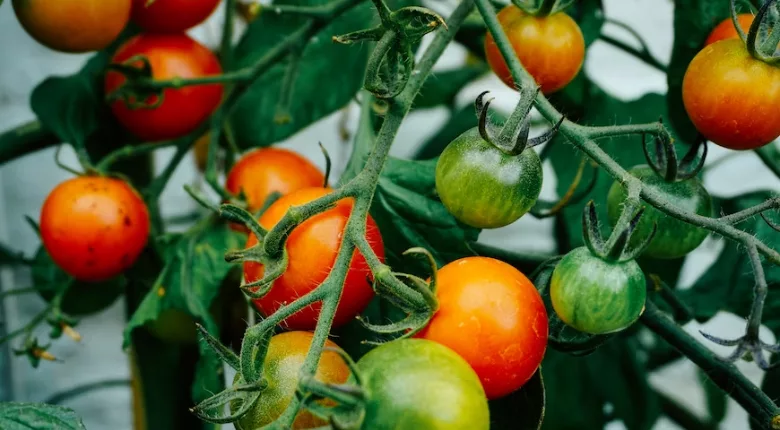Survey Reveals Mexican Produce Exporters’ Positive Response to, Challenges Meeting FSMA Requirements

Image credit: Dan Gold via Unsplash
Since implementation of the U.S. Food and Drug Administration’s Food Safety Modernization Act (FDA’s FSMA) in 2011, the Mexican horticultural sector has made positive changes that have improved food safety and enabled the continued growth of Mexican produce exports to the U.S., although not without facing challenges like training. These findings are the result of a survey conducted by the U.S. Department of Agriculture’s Economic Research Service (USDA’s ERS) to explore how Mexican horticultural exporters have responded to FSMA requirements.
Because Mexico’s horticultural export sector is the largest source of U.S. produce imports (63.5 percent of U.S. vegetable imports and 46.1 percent of U.S. fruit and nut imports as of 2021), Mexican exporters have significant motivation to comply with FSMA requirements and ensure their products meet U.S. food safety standards. To discover the impacts of FSMA on the Mexican horticultural sector, USDA’s ERS conducted a series of interviews between March 2018 and March 2020 with representatives of 26 produce firms that export at least one of four major produce commodities to the U.S.; specifically, tomatoes, strawberries, green onions, and cantaloupe, which were goods from Mexico associated with foodborne illness outbreaks in the U.S. prior to FSMA.
Overall, FSMA does not appear to have had a major negative effect on Mexico’s horticultural export sector, and the growth of Mexican horticultural exports to the U.S. has not slowed. In response to FSMA requirements, Mexican horticultural companies made changes to equipment, invested in new infrastructure, and implemented monitoring programs featuring improved sampling techniques—many of which were designed to ensure the use of clean water throughout the production process.
The main challenges in light of FSMA reported by the interviewed Mexican firms related to training. Half of the companies indicated that obtaining food safety training for the head of the firm’s food safety program was their main challenge, and nearly a third indicated that providing food safety training to seasonal farmworkers was the greatest difficulty. Another challenge identified was the lack of accredited laboratories recognized by FDA for the analysis of samples from water, soil, and surfaces of contact. To address this challenge, some companies set up their own laboratories and instituted relationships with entities recognized by FDA.
Medium-to-large companies employing 300–1,000 seasonal farmworkers seemed more adept at meeting FSMA requirements, being more likely to have modified their food safety activities in response to FSMA and more likely to hold three or more food safety certifications.
Looking for quick answers on food safety topics?
Try Ask FSM, our new smart AI search tool.
Ask FSM →








